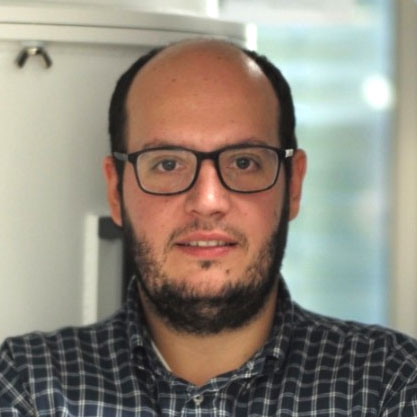Quantum computers have the potential to solve certain problems more efficiently than classical computers. In recent years, research on quantum computing hardware has made significant progress, and first devices are now accessible to the public through the cloud. Therefore, studying applications of quantum computers is becoming increasingly important to leverage their full potential once more powerful machines are available. In that respect, it is crucial to understand the timeline to quantum advantage and business impact. Our group is developing and analyzing new quantum algorithms for a wide range of applications, such as quantum chemistry as well as optimization and machine-learning algorithms for finance or supply-chain management.
Quantum chemistry
Recent advances in the field of quantum computing have ignited the hope that one day we might be able to solve complex materials-science problems using quantum computers. The direct mapping of the molecular wave function to the qubit state allows the implementation of all quantum operations into a number of gates that only scales polynomially with system size. A quantum computer could then be used to simulate chemical systems and their properties, including correlation functions and reaction rates. What’s more, a small quantum computer comprising on the order of 100 qubits will be able to address challenging problems in quantum chemistry that are beyond the reach of classical algorithms. Improving quantum algorithms, such as by reducing the number of gate operations required, might further facilitate this task.
New quantum (approximation) algorithms
Solving electronic structure problems
20–100 qubits
Observables
Ground and excited-state energies
Optimizing hardware (gates) for quantum chemistry applications
Pulse shaping using local control theory












